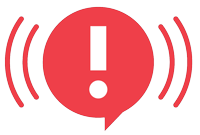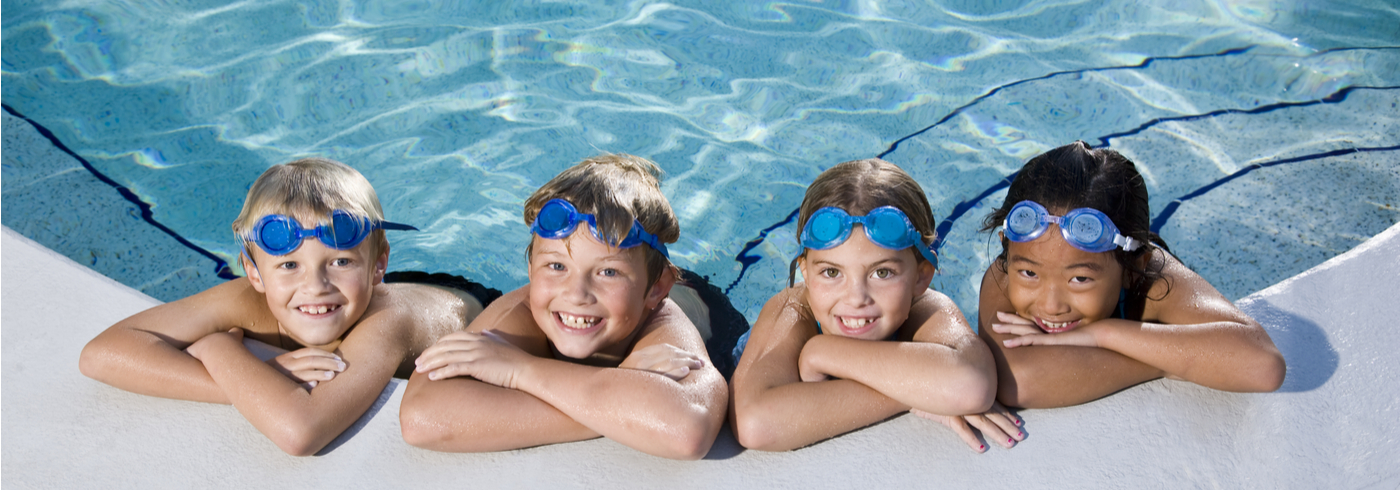Public recreational water includes public pools, public spas, public wading pools, splash pads/spray pads and public beaches. Public pools also include new novel types of pools such as cold plunge pools, hot water pools, and public floatation pools/tanks.
Operators
| Pool and Spa Operators Course |
Currently unavailable
 We are currently revising and updating our Pool and Spa Operator Course to incorporate new, updated regulatory changes. We are currently revising and updating our Pool and Spa Operator Course to incorporate new, updated regulatory changes.
On January 1, 2025, the Public Pools Regulation 565, was amended to include novel pool types such as cold plunge pools, hot water pools, public floatation pools and public floatation tanks, as well as changes to the operation of public pools and spas to align with current evidence and best practices.
|
View Ontario Regulation 565/90
FAQs: Understanding the updated Public Pools Regulation
Complete our online notification of intent to open a public pool, spa or Class C facility form
Swimmers
Public health inspectors visit public pools many times a year to check that they are safe for you and your family to use.
|
Public pool safety
|
|
Public pools are used by many people at the same time. This can increase the chances of getting an infection or an injury.
Things that you can do to make sure you are safe.
- You should be able to see through the water.
- Can you see the black disk or main drain at the bottom of the pool? If you cannot see the black disk or main drain clearly, do not use the pool and tell the operator.
- Find out where the safety equipment and the emergency telephone are located.
- Shower before getting in the pool.
- Be sure to shower before and after using a public floatation pool or tank.
- Cold plunge pools may trigger a shock response. It is advisable that individuals with known medical conditions consult their health care practitioner before using cold plunge pools.
- If your children are not toilet trained, they should be wearing diapers. Tell older children to use the washroom before getting in the pool.
- Encourage safe swimming.
- Use a lifejacket for children under six-years old. Children who cannot swim should also wear a lifejacket whenever they are in or around a pool. Remember, to stay close to your children even if they are wearing a lifejacket. Keep your children within arm's length at all times.
- Never leave children by themselves. Drowning can happen silently and within seconds.
- Send children to swimming lessons and teach them to swim with a friend.
- Be a good role model and follow safety rules posted at the pool. This includes no food or drinks, no glass containers, and no rough or loud play.
- Do not play or swim near drains. The drains may trap your body, body parts, hair, jewelry or other objects. This can result in serious injury or death. People with long hair should be careful of these hazards.
- Ask a lifeguard if you have any questions or concerns. Report any safety hazards such as glass, items with sharp edges, etc.
- Listen to the lifeguard.
| Pool fouling |
|
Pool fouling is when pool water is contaminated with blood, vomit or feces. There may be germs in the water that can make you sick. In most cases the pool has to be closed to clean the pool water. A staff member will tell swimmers to leave the pool until the cleanup is finished.
|
| Admission standards |
- Children under six-years old must always have a parent or guardian watching them. The parent or guardian can only watch two children who are less than six-years old at a time.
- A parent or guardian must watch all children less than 10-years old who cannot swim. The guardian must be at least twelve years old and cannot watch more than four children at a time.
- Children between six and nine-years old can swim alone if they pass a swim test.
- Parents or guardians have to be in the pool with the children.
|
|
|
Public spa safety
|
- Limit your time in spas or hot water pools as overexposure can cause fainting.
- How clear is the water? You should be able to see the main drain clearly. If you cannot see the main drain, do not use the spa and notify the operator.
- Find out where the safety equipment and emergency telephone are located.
- Shower before getting in the spa.
- If you notice anything wrong with the spa like broken glass or a loose drain cover do not use the spa and notify the operator.
- Be a good role model and follow safety rules.
- Do not play or swim near drains. The drains may trap your body, body parts, hair, jewelry or other objects. This can result in serious injury or death. People with long hair should be careful of these hazards.
- Do not allow your children to use the spa unless you are with them.
|
|
Splash pads and wading pool safety
|
| Splash pads |
|
Splash pads are small water parks for younger children and their guardians. Children should be watched at all times.
Splash pad safety
- Children must be watched at all times.
- No running.
- No glass containers.
- No food on the splash pad.
- No skateboards, roller blades or bikes on the splash pad .
- Leave splash pad and surrounding areas clean; deposit garbage in garbage cans.
- No pets on the splash pad.
- Do not use splash pads during times of bad weather.
|
| Wading pools |
|
Wading pools are shallow pools for younger children and their guardians. Children should be watched at all times.
Wading pool safety
- The wading pool water should be clear. You should be able to see the bottom.
- If you cannot see the bottom, do not use the pool.
- Check for safety hazards in and around the wading pool (e.g. glass, sharp edges).
- Do not use the wading pool if the drain cover is broken or missing.
- When possible, follow the six "PLEAs" for healthy swimming.
- Do not allow your children to sit or play near the drain cover.
- Watch your children at all times and stay within arm's reach. Drowning can happen quickly and without any warning.
|
|
Private residential pools and spas
Private residential pools and spas that are made available to the public, whether or not an access fee is charged, are exempt from the Ontario Regulation 565 Public Pools requirements. However, property owners must post specific signage to inform guests and visitors. To obtain details about the required signage, property owners should contact Durham Region Health Department at 905-668-2020 or 1-800-841-2729.
Additionally, there may be requirements for pools and spas used as recreational water facilities under local municipal by-laws or the Ontario Building Code. Property owners who wish to use their backyard pools or spas for swimming lessons or rentals are advised to first contact their local municipality for any relevant requirements.
See the Ontario Ministry of Health statement on the short-term residential swimming pool rentals by private homeowners for further information and considerations.





